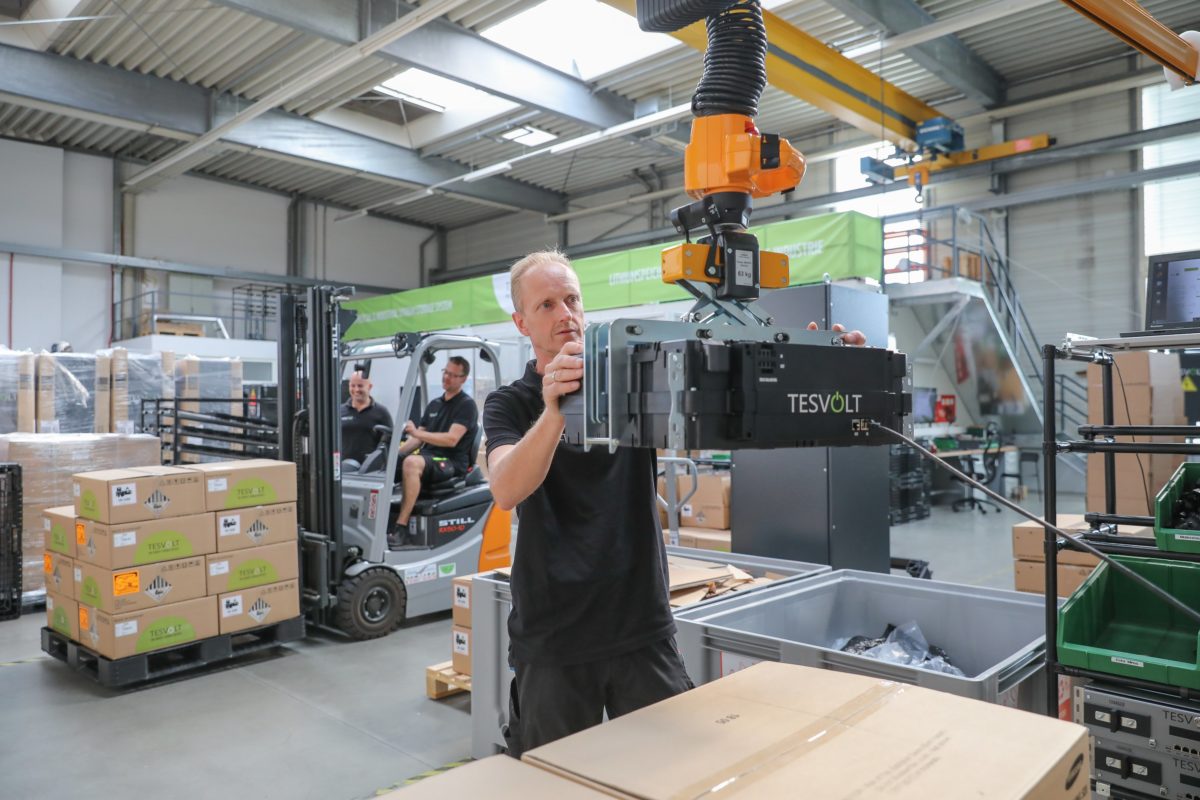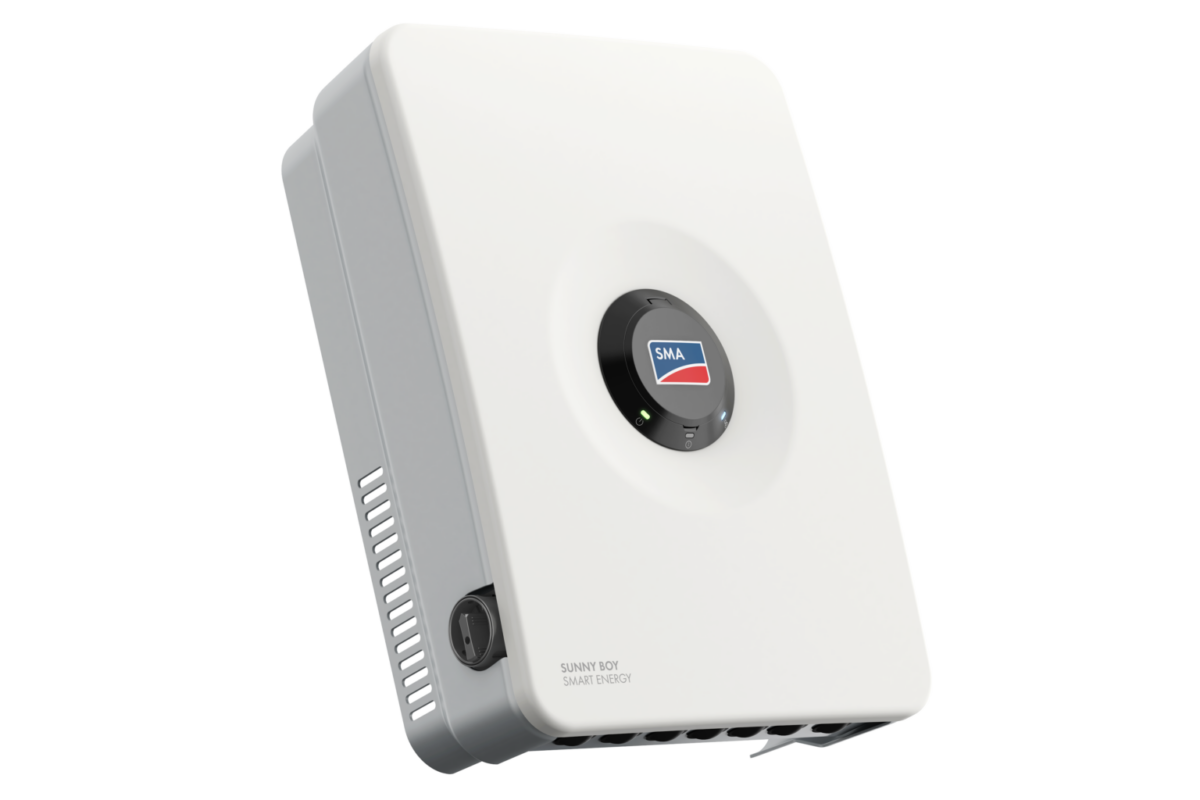German-based battery manufacturer Tesvolt has received funding from the EU Commission’s small and medium-sized enterprise funding instrument. According to a statement, Tesvolt was awarded funding of €2.15 million to help establish the mass production of its lithium-ion batteries. It is set to be distributed over the next 24 months
Speaking to pv magazine, Daniel Hannemann, who founded the company together with Simon Schandert, said he hopes the production facility will be finished within the next 12 months.
The semi-automated serial production facility will be installed at the company’s existing production site in Wittenberg, Germany, where an additional 60 jobs could be created over the next 24 months. Hannemann further said that Tesvolt will look to distribute its battery systems mainly in Europe.
“The EU has recognized that Germany is an important hub for battery technology. We’re delighted to have been awarded this funding, and we want to use it to set up the first mass production facility for commercial storage systems in Europe,” said Hannemann.
A total of 1,658 businesses across Europe applied for the funding scheme, and just 63 were successful. Tesvolt claims that its technology not only allows the optimization of each battery cell within a module, but also the harmonization of module and inter-module cell usage.
The active cell balancing monitors temperature, voltage and state of charge of each cell or module, which is said to improve the battery’s lifespan. The company alleges that its batteries have a service life of 30 years, or the equivalent of 8,000 complete charge cycles with a 100% depth of discharge, thanks to its system.
“We’re looking for the innovators of tomorrow. We believe that Tesvolt’s high-voltage storage system is a disruptive product, as it could slash the costs of electricity storage by more than half,” said Marco Rubinato, EU Programme Officer.
The cost reductions could see current prices of stored electricity drop from €0.18/kWh to just €0.07/kWh. According to Hannemann, this price reduction is enabled through the leap towards mass production.
With a nod to the recent policy turn in Germany to significantly cut FITs for C&I installations, the co-founder is confident, saying that lower FIT’s would increase the demand for self-consumption and hence C&I storage systems.
This content is protected by copyright and may not be reused. If you want to cooperate with us and would like to reuse some of our content, please contact: editors@pv-magazine.com.




By submitting this form you agree to pv magazine using your data for the purposes of publishing your comment.
Your personal data will only be disclosed or otherwise transmitted to third parties for the purposes of spam filtering or if this is necessary for technical maintenance of the website. Any other transfer to third parties will not take place unless this is justified on the basis of applicable data protection regulations or if pv magazine is legally obliged to do so.
You may revoke this consent at any time with effect for the future, in which case your personal data will be deleted immediately. Otherwise, your data will be deleted if pv magazine has processed your request or the purpose of data storage is fulfilled.
Further information on data privacy can be found in our Data Protection Policy.